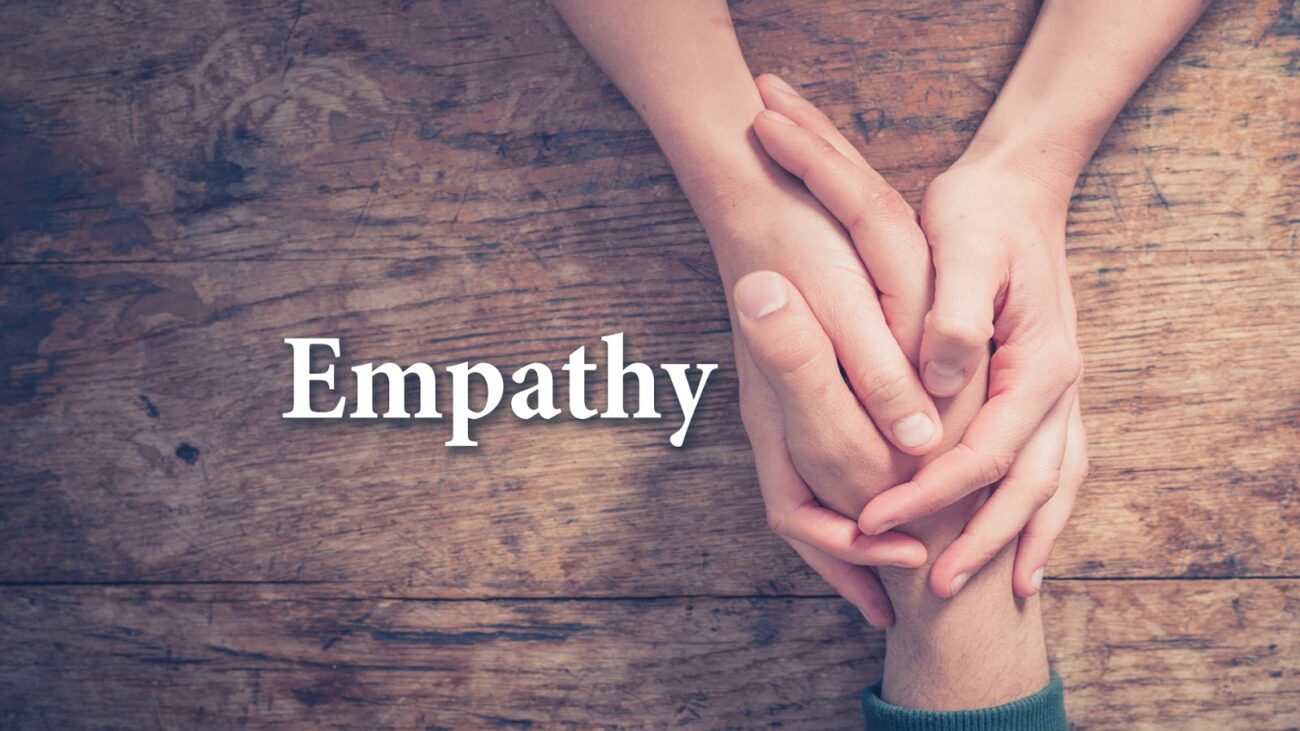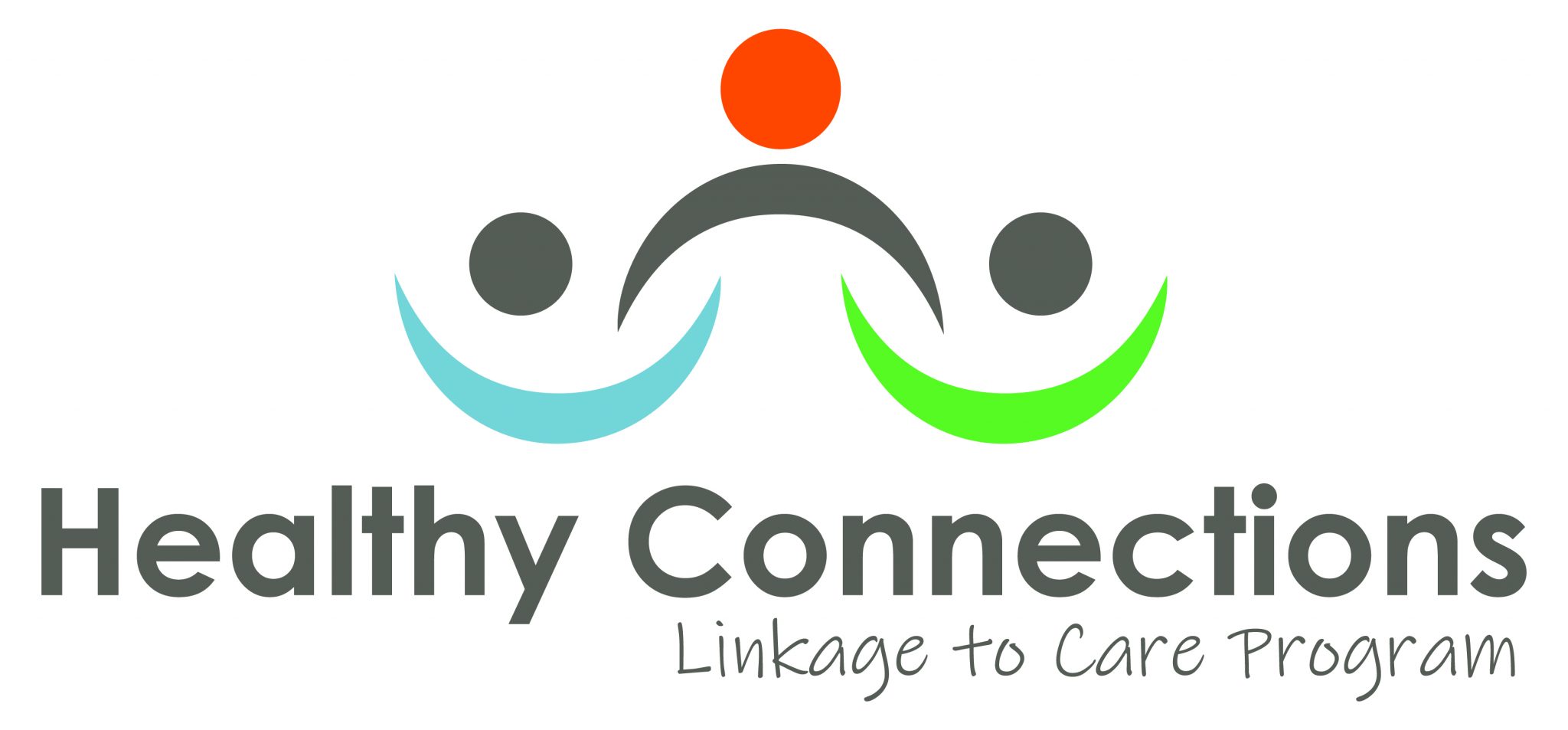Healthy Connections. In the intricate tapestry of our lives, relationships form an essential thread. Whether they are familial, romantic, or friendships, the health of our connections can significantly influence our overall well-being. However, what often goes unnoticed is the intricate interplay between mental health and relationships. In this blog, we will delve into how mental health affects relationships and provide valuable advice on maintaining healthy connections.
1. Understanding the Connection:

Mental health and relationships are deeply intertwined. When one partner or individual experiences mental health challenges, it can affect the dynamics of the relationship. Conditions like depression, anxiety, or mood disorders can lead to emotional distance, misunderstandings, and communication breakdowns.
2. Communication is Key:

Effective communication is the cornerstone of any healthy relationship. Mental health struggles can make it difficult for individuals to express their feelings and needs. Encourage open, non-judgmental communication with your partner or loved ones. Discuss your emotions, fears, and challenges together.
3. Empathy and Support:

Being empathetic and supportive is crucial when someone you care about is dealing with mental health issues. Show understanding and let them know you're there for them. Avoid minimizing their struggles or offering unsolicited advice. Sometimes, just being a listening ear can make a world of difference.
4. Seek Professional Help:

If mental health challenges are straining your relationship, don't hesitate to seek professional help. Mental Health Provider can provide a safe space for both individuals to address their concerns, learn effective coping strategies, and work towards healthier dynamics.
5. Taking Care of Yourself: It's equally important to prioritize your own mental health. Remember that supporting a loved one who is struggling can be emotionally draining. Seek support for yourself, whether through therapy, support groups, or self-care practices.
6. Educate Yourself: Educate yourself about your partner's or loved one's mental health condition. Understanding the challenges they face can foster empathy and help you provide better support. Books, online resources, and attending therapy sessions together can be beneficial.
7. Avoid Stigmatization: Stigma surrounding mental health can add an additional layer of challenge to a relationship. Be mindful not to stigmatize or blame your partner for their condition. Mental health struggles are not a choice, and they can affect anyone.
8. Maintain Boundaries: Boundaries are essential in any relationship, especially when dealing with mental health issues. Understand when to give space, when to intervene, and when to seek professional help. Setting healthy boundaries protects both individuals' well-being.

